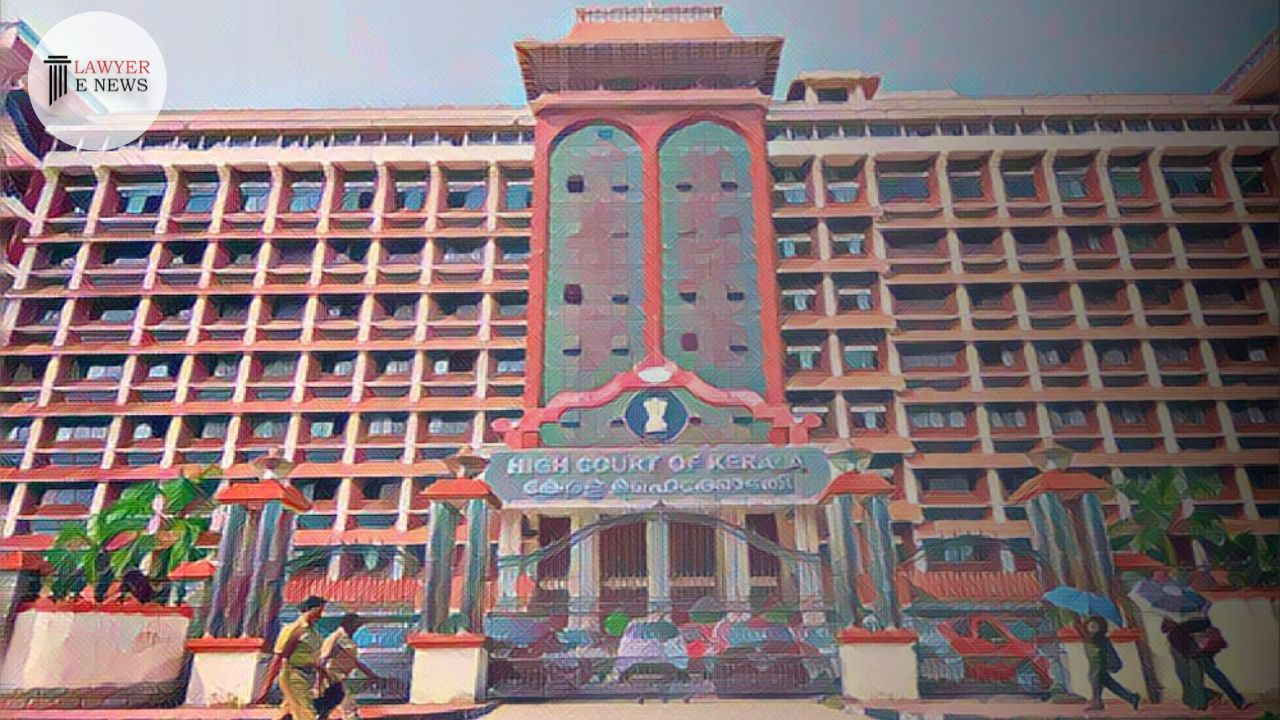-
by Admin
15 February 2026 2:36 AM



The Kerala High Court has upheld the convictions of four men in a high-profile gang rape case, rejecting the appellants' arguments regarding inconsistencies in the victim's testimony and medical evidence. The judgment, delivered by a bench comprising Justices A.K. Jayasankaran Nambiar and Syam Kumar V.M., emphasizes the robustness of the victim's account and corroborative evidence from an eyewitness, reaffirming the legal principles surrounding the evaluation of evidence in sexual assault cases.
The case involved the abduction and gang rape of a woman by four men, referred to as A1 to A4, on February 14, 2015. The victim and another woman were taken to an isolated location under the pretext of a job offer, where the assault occurred. The prosecution relied on the testimony of the victim (PW1) and an eyewitness (PW2), along with medical reports and recovery of stolen items from the accused, to establish the guilt of the appellants.
The court underscored the importance of the victim's consistent and detailed testimony throughout the investigation and trial. Despite minor inconsistencies pointed out by the defense, the bench held that the core account of the incident remained unchanged and credible. "The consistent stand in all the statements aforementioned has been that she was sexually assaulted by a group of four persons," the judgment notedThe court found significant corroboration in the testimony of PW2, an eyewitness who observed the incident. Her deposition that all four accused were involved in the assault was not challenged during cross-examination, thereby strengthening the prosecution's case. The court cited the Supreme Court's standard for a "sterling witness" to validate the reliability of PW2's testimony.
Addressing the defense's argument about discrepancies in medical reports, the court acknowledged minor variations but dismissed them as insufficient to undermine the victim's testimony. The judgment emphasized that the injuries recorded were consistent with the victim's account of the assault, rejecting the contention that the medical evidence suggested otherwise.
The judgment reiterated that the testimony of a rape victim does not require corroboration if it inspires confidence and is credible. The court highlighted the principle that minor contradictions should not discredit an otherwise reliable account of the incident. "If the evidence of the prosecutrix inspires confidence, it must be relied upon without seeking corroboration of her statement in material particulars".
However, the court found no substantial evidence to support the charge of conspiracy under Section 120B of the IPC against the accused, leading to their acquittal on that count. The court clarified that an agreement to commit an offense must be established independently, which was not done in this case.
Justice Nambiar remarked, "The unimpeached testimony of PW2, who is an eye-witness to the incident, satisfies the requirements of the testimony of a sterling witness... The court considering the version of such witness should be in a position to accept it for its face value without any hesitation".
The Kerala High Court's affirmation of the lower courts' findings in this gang rape case sends a strong message about the reliability of victim testimonies and the corroborative value of eyewitness accounts. This judgment reinforces the judiciary's commitment to upholding justice in cases of sexual violence and is expected to influence the handling of similar cases in the future, ensuring that credible victim testimonies are given due weight.
Date of Decision: June 12, 2024
State of Kerala vs. Athul and Others
